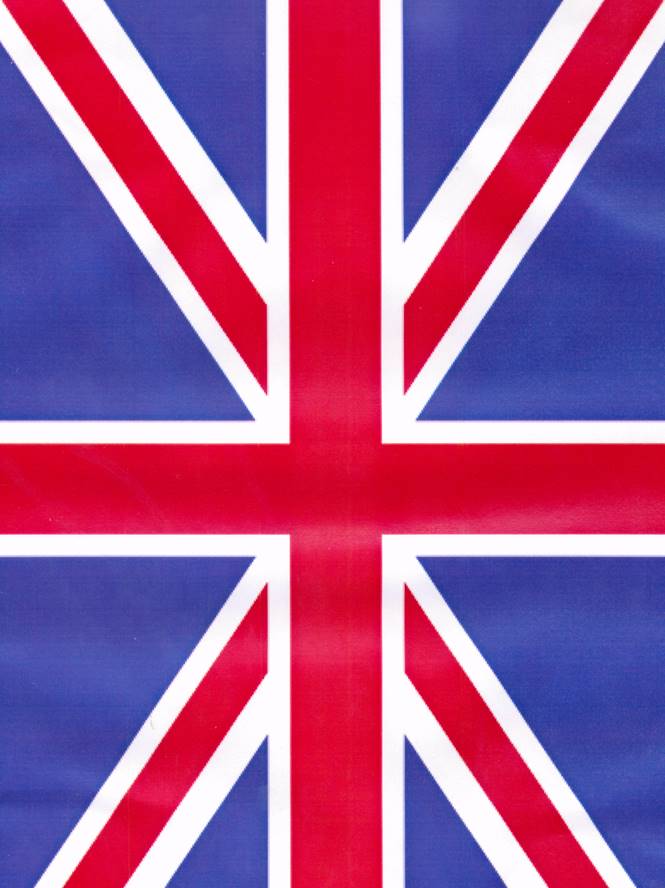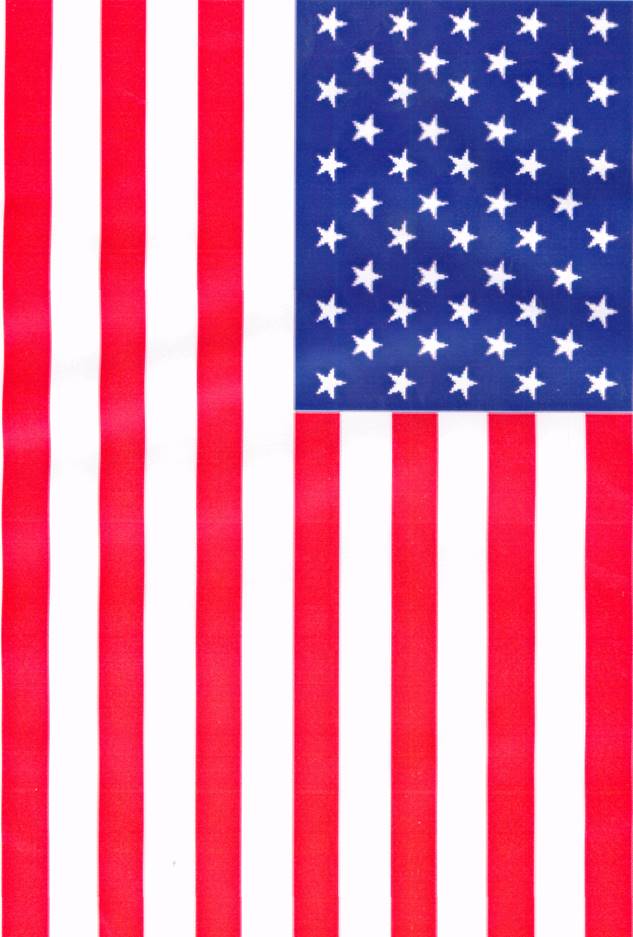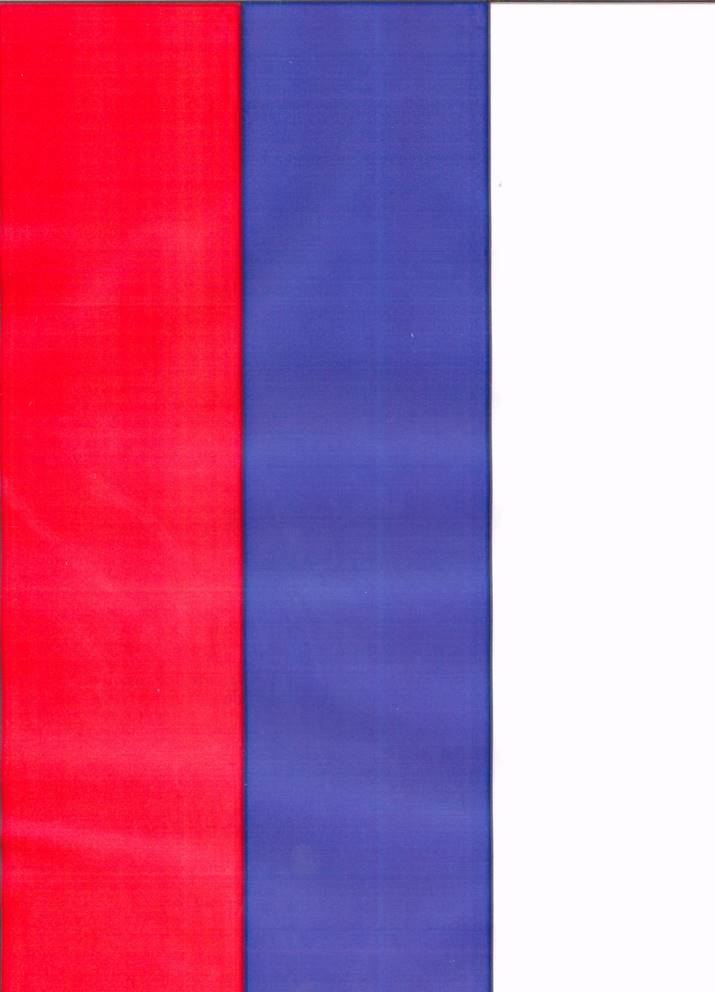
Открытый урок по английскому языку
10 класс
Тема: «Political Systems of the World»
Учитель высшей
квалификационной категории
МОУ СОШ № 5
Воликова Ольга Анатоьевна
Дата проведения: декабрь 2008
Воспитательная цель: осознание реалий родной культуры и стран изучаемого языка.
Развивающая цель: развитие способности к сравнению, формулированию выводов из полученной информации
Образовательная цель: обобщение знаний о политических системах России, Великобритании и США.
Задачи урока: 1. Совершенствование лексических навыков
2. Развитие умения воспринимать на слух содержание аутентичных текстов
3. Развитее монологической речи
4. Обобщить и систематизировать полученные знания
Оборудование урока: мультимедийный проектор; слайд – проект; флаги США, России, Великобритании; карточки с определениями политических терминов; тексты с заданиями для чтения и аудирования; нарисованная ваза с цветами для рефлексии настроения и эмоционального состояния.
Ход урока:
I.Приветствие. Организационный момент
T: Good morning, children! I am happy to see you! Our theme today is. Political systems of the world. Today we will talk about the main parts of different political systems. Imagine that we are participants in a conference about the political systems of different countries. You will be politicians from Russia. The second group will be politicians from the USA. The third group will be politicians from the United Kingdom (На столы групп становятся флаги стран.)
II. Фонетическая и речевая зарядка
T: Government policy is the theme of many aphorisms. Look at the blackboard, read these aphorisms and try to find the correct translation (Ученики выбирают правильный из предложенных вариантов перевода)
- Every nation has the government that it deserves! (J. D. Maistre)
- The best government is that which governs most! (J. O’Sullvans)
- The whole art of government consists in being honest! (T. Jefferson)
- Каждая нация имеет правительство, которое заслуживает.
- Лучшее правительство то, которое управляет больше.
- Искусство управления в честности.
III. Повторение изученной лексики.
T: Let’s revise the political terms and their definitions: the monarch, Congress, the Chairman, the Government, the Supreme Court, the Constitutional Court, the President, the Federal Assembly, the prime Minister, the Cabinet (Работа по повторению политических терминов. Для этого используются карточки, у которых на одной стороне напечатано определение термина, а на другой стороне термин)
IV. Повторение и обобщение учебного материала
T: All political systems have the same parts. But there are many other kinds of differences. Now we’ll make them clear. One representative from your group must complete the right information in the table. (По одному представителю от каждой группы заполняют колонку о своей стране, используя предложенные части политического устройства).
V. Развитие умений диалогической речи.
T: And now each group asks questions about political life in the countries. (Каждая группа задает вопрос о своей стране на политическую тему)
VI. Развитие умений монологической речи
T: And now one representative from each group must tell about political systems of the country (Один – два ученика из каждой группы рассказывают о политическом устройстве каждой страны. Идет показ слайдов)
VII. Чтение текста и беседа по – прочитанному
T: You now, that the mass media is considered to be the fourth branch of power. Read the text and answer the questions, please. () учащиеся читают текст и отвечают на вопросы)
VIII. Аудирование текста “Washington D. C.” и проверка понимания прослушенного (True or false)
T: We continue our lesson and shall listen the text about the capital of the United States, Washington D. C. Then you will make the tasks, please. (Учащиеся слушают текст и отмечают предложения, которые соответствуют или не соответствуют тексту)
IX. Активизация лексики
T: In my opinion, the policy of the state depends on the leader of the state. This man should have various special qualities. Look at the blackboard and choose the qualities of the leader. (Ученики выбирают прилагательные для описания руководителей государств)
Sociable, patient, honest, power-loving, skilful, gifted, loyal, prudent, reticent, risky, hypocritical, self – reliant, bossy, sly, ruthless.
T: I’m sure that your states have leaders with such qualities. What kind of leader is Bush? What kind of leader is the Queen of the UK? What kind of leader is Medvedev?
X. Выполнение текста о политических лидерах (Текст находится в презентации). Самопроверка.
XI. Заключительная часть урока. Подведение итогов. Выставление оценок. Проводится рефлексия настроения и эмоционального состояния.
«Букет настроения» учащимся раздаются бумажные цветы: красные и голубые. На доске изображена ваза. В конце урока учитель говорит: «Если вам понравилось на уроке и вы узнали что – то новое, то прикрепите к вазе красный цветок, если не понравилось – голубой»
EXAMINATION TOPIC
MASS MEDIA
Тhe mass media play an important part in our lives. Newspapers, radio and especially TV informus of what is going on in this world and give us wonderful possibilities for education and entertainment. They also influence the way we see the world and shape our views.
Of course, not all newspapers and TV programmes report the events objectively, but serious journalists and TV reporters try to be fair and provide us with reliable information.
It is true that the world today is full of dramatic events and most news seems to be bad news. But people aren't interested in ordinary events. That is why there are so many programmes and articles about natural disasters, plane crashes, wars, murders and robberies. Good news doesn't usually make headlines. Bad news does.
Some people say that journalists are given too much freedom. They often intrude on people's private lives. They follow celebrities and print sensational stories about them which are untrue or half-true. They take photos of them in their most intimate moments. The question is — should this be allowed?
The main source of news for millions of people is television. People like TV news because they can see everything with their own eyes. And that's an important advantage. Seeing, as we know, is believing. Besides, it's much more difficult for politicians to lie in front of the cameras than on the pages of newspapers.
Still, many people prefer the radio. It's good to listen to in the car, or in the open air, or when you do something about the house.
Newspapers don't react to events as quickly as TV, but they usually provide us with extra detail, comment and background information.
The Internet has recently become another important source of information. Its main advantage is that news appears on the screen as soon as things happen in real life and you don't have to wait for news time on TV.
Questions
1. Do the media play an important part in your life?
2. Do you think that the media influence our life?
3. Millions of people get most of their news from television. What about you?
4. Do you read newspapers?
5. When do you usually listen to the radio?
6. Do you agree that most news we get from the media is bad news?
7. Do you think it would be nice if all news printed in newspapers and shown on TV was good news?
8. Do you think that journalists are given too much freedom?
9. If people have died in a plane crash, should their bodies be shown on TV?
10. How do paparazzi earn their living?
11. Are you interested in politics? Don't you think that some politicians use the media to influence their voters?
12. What is the main advantage of the Internet?
mass media [,maes 'mi:dia] средства массовой информации
to inform [m'foim] сообщать, информировать
what's going on что происходит
possibility [posa'biliti] возможность
entertainment [,enta'temment] развлечение
to report [ri'po:t] сообщать, писать (о)
event [rvent] событие, происшествие
objectively (эг/djektivh] объективно
fair [tea] честный, справедливый
to provide [pravaid] обеспечивать
reliable [nlaiabl] надежный
ordinary [ o-dnn] обычный, заурядный
disaster [di'za:sta] бедствии
crash [kraj] авария
murder ['maida] убийство
robbery ['robari] грабеж
to make headlines ['hedlainz] попасть в заголовки газет, вызвать сенсацию
freedom [1ri:dam] свобода
to intrude [m'trud] вторгаться
private ['praivit] частный, личный
to follow ['folau] преследовать
celebrity [si'lebnti] знаменитость
to print [print] печатать
sensational [sen'seijanl] сенсационный
untrue [лп1ги:] ложный, неверный
half-true ['haiftru:] полуправдивый
intimate [ intimitl интимный
source [so:s] источник
advantage [ad'va:ntid3] преимущество
Seeing is believing. Лучше раз увидеть, чем сто раз услышать.
besides [bi'saidz] кроме того
politician [,poli'tijn] политик
to He [lai] лгать
to prefer [pri'fs:] предпочитать
to react [ri'aekt] реагировать
extra detail [ekstra 'dhteil] дополнительные сведения, подробности
comment ['komant] комментарий
background ['background] information "закулисная" информация
the Internet ['intanetj интернет
recently [Ti:santli] недавно
WASHINGTON, D.C.
Washington, D.C. is the capital of the United States. It is an unusual city. It is a city that has no state. It is a district - the District of Columbia or D.C. That is why we say Washington, D.C.
George Washington became the first president of the United States in 1790. At that time the new United States had no capital city. It was necessary to have a capital city that was not a part of a state. Washington picked a place for the capital near his home, Mount Vernon. The state of Maryland gave some land and Virginia gave some land. This made the District of Columbia. The name of the capital is after George Washington.
The city of Washington, D.C. has wide streets, parks, and beautiful buildings. These buildings tell the history of the United States. The most famous building is the White House. This is the home of the president. Another important building is the Capitol. This is where Congress meets to make the laws of the country.
Washington, D.C. is very special in the spring. It is cherry blossom time. Japan sent more than 3,000 cherry trees to the United States in 1912. The trees have beautiful flowers in March or April. It is a very pretty time to see Washington, D.C.
Millions of people visit Washington, D.C. Tourism is an important business. The other business is government. Every year the president sees the leaders of many countries in Washington, D.C.
COMPREHENSION
A. looking for main ideas Circle the letter of the best answer.
1. Washington, D.C. has no ___________
a. city
b. state
c. district
2. George Washington ________________
a. picked the place for the capital
b. gave some land to Virginia
c. did not want a capital city
3. The city of Washington, D.C. has____________
a. the homes of all the presidents
b. no parks
c. the home of the president
B. looking for details
Circle Т if the sentence is true.
Circle F if the sentence is false.
True False
1. Mount Vernon was George Washington's home T F
2. Virginia was not a state. T F
3. The Capitol is another name for the White T F
4. Congress meets in the White House T F
5. Japan sent cherry trees to the United States. T F
6. The trees are beautiful but have no flowers. T F
VOCABULARY
What is the meaning of the underlined words? Circle the letter of the correct answer.
1. Washington, D.C. is the capital of the United States.
a. the city where the center of government is
b. the biggest city
2. Washington, D.C. is an unusual city.
a. different from other cities
b. not an interesting city
3. George Washington picked a place for the capital.
a. thought about
b. chose
4. The city of Washington, D.C. has wide, streets.
a. long
b. large
5. It is cherry blossom time in the spring.
a. the time when cherry trees have flowers
b. the time when the cherry trees have fruit
6. Tourism is an important business in Washington, D.C.
a. job
b. pastime
GRAMMAR
Complete the sentences with the correct article. Use a or the. If no article Is necessary, write X
EXAMPLE: _X_ Washington, D.C. is very special in the spring.
1 .Washington, D.C. is _______________________________of the United States.
2. Washington, D.C. is________________capital district—the District of Columbia
3. ______________________________Japan sent cherry trees to the United States.
4. The most famous building is.______________________________ White House.
5. It is the home president of ____________________________________president.
6. ___________________Capitol is another important building in Washington, D.C
DISCUSSION
Discuss the answers to these questions with your classmates.
1. Name and describe the capital city of your country.
2. What important buildings do you find in a capital city?
3. Why do people choose one city to be the capital? Is it the biggest, the richest, or is it one in the middle of the country? Can you think of other reasons?
Russia
1) Who guarantees the basic rights of the people? (The President)
2) Who elects the president? (The people)
3) Who appoints the Chairman of the Government? (The President)
4) Who can dissolve the Duma? (The President)
5) Who can declare laws unconstitutional? (The Supreme)
USA
1) In which state was George W.Bush born? (Texas)
2) Which university did he graduate from? (Yale)
3) What is Mrs’Bush’s name? (Laura)
4) What are the names of his twin daughters? (Barbara and Jenna)
5) What kind of dog does he have? (Scottish Terrier)
6) When was George W.Bush first elected? (2000 г)
UK
1) In what century was the first Parliament in Britain held? (in 13th centure)
2) What does the term “Parliament” mean: think, speak or discuss?
3) There are two “houses” in British Parliament. What are they called?
4) Members of the House of Commons are called the Members of Parliament (MPs). How many MP are there? (More that 650)
5) Who presides over the House of Commons? (The Prime Minister)










|
The Monarch
|
Parliament |
|
The Government |
The Cabinet; Non – Cabinet Ministers
|
|
The House of Commons; the House of Lords
|
Congress |
|
The Cabinet
|
The President |
|
The House of Representatives; the Senate
|
The President and the Cabinet |
|
The Cabinet of Ministers
|
The Federal Government |
|
The Federal Assembly
|
The Federation Council; the Duma
|
|
|
|
|
The Government |
The executive branch in the UK
|
|
The Prime Minister |
The head of the government in the UK
|
|
The President |
The head of the state in the USA
|
|
The President and Cabinet
|
The executive branch in the USA |
|
The Chairman |
The head of the government in Russia
|
|
The Supreme Court |
The judicial branch in Russi a |
|
The Federal Assembly |
The legislative branch in Russia |
|
The Constitutional Court
|
The judicial branch in Russia |
|
The Monarch |
The head of the statein the UK
|
|
Congress |
The legislative branch in the USA
|
Материалы на данной страницы взяты из открытых источников либо размещены пользователем в соответствии с договором-офертой сайта. Вы можете сообщить о нарушении.